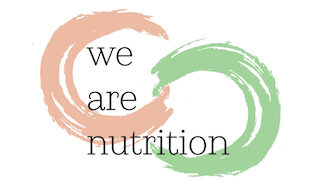Over the course of our lives, our needs and wants can change drastically, and for many women, one of the biggest changes in their lives comes in their 40s and 50s.
The menopause affects women in very different ways, with symptoms that can either be barely noticed or last for years depending on a wide range of factors.
One of the best ways to help your symptoms is to ensure you are enjoying a healthy lifestyle, with menopause nutrition, lots of rest, regular exercise and relaxation techniques that can help reduce the effects of symptoms.
Exactly what you should eat during the menopause can vary, but there are a few parts of your diet you can change to help reduce your symptoms and ensure a long healthy life.
Calcium Boosters
The biggest risk with the menopause is osteoporosis, so it is essential to give your bones the best chance to avoid weakening and risking broken bones.
Whilst dairy products such as milk and cheese are the best way to fill your diet with calcium, you can also enjoy tinned fish such as mackerel, dates, nuts and spinach, all of which are packed with calcium and other minerals.
Fruits And Fibre
Fruits and vegetables should be a key part of your diet, and part of the reason why is that they are rich in fibre, which helps with overall digestive health and should be a firm fixture in your diet.
Boost Your Iron Intake
Spinach is great because not only does it help ensure you have enough calcium, but it also is full of iron along with other leafy greens, nuts, turkey, cottage cheese, eggs and fish.
Iron helps with the development of blood cells, and many sources of iron are also rich sources of protein, which can help to regulate mood, sleep and appetite.

